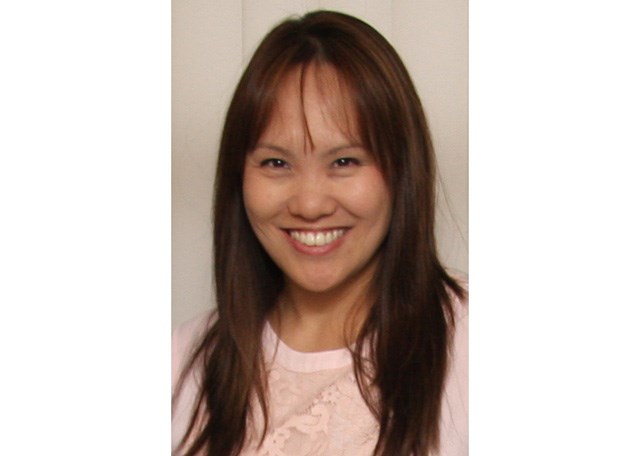Although two of the groups at the cutting edge of the new school curriculum are looking ahead with cautious optimism, both admit there are many big questions still to be answered.
To get their collective heads around the new K-Grade 9 curriculum, the Richmond District Parents Association (RDPA) hosted a “Changing World, Changing Curriculum” meeting with the Richmond Teachers’ Association (RTA) and the school district.
Both the RDPA and the RTA acknowledged that many teachers are already immersed in the style of instruction — which includes personalized learning and critical thinking — that is being trialed this school year before becoming mandatory in 2016/17.
However, both are hanging fire with their final assessments until they see the colour of the B.C. government’s money, which is needed when it comes to backing the new curriculum.
“Do we need more space? Do we need more resources? How is it going to affect my child’s assessment?” said Anne Chen, a former PAC chair at Jessie Wowk elementary and now president of the RDPA.
“It’s all still a bit vague and we will likely revisit this in the spring.”
Meanwhile, RTA president Al Klassen said it was a “a bit too early to know exactly what is needed.
“But, so far, the Ministry has stepped up to the plate with the extra pro-D days, which provides an opportunity to really get our heads around it. The current pro-D days are all taken up by other things.
“Teachers shouldn’t be doing this on the fly, they need to properly plan and that needs support.”
Klassen added that he feels it may only take a couple of months of the trial period before it becomes clear exactly what level of resources is required.
Teachers across the province have expressed concerns about a lack of training and resources to carry out the changes and some parents are concerned that the new curriculum doesn’t put enough emphasis on the basics, particularly in math.
The shift will also bring in new methods of assessment that could see traditional report cards and letter grades disappear.
At last week’s meeting, however — where around 60 per cent of Richmond’s school PACS were represented — Chen said people heard how teachers are trying to find out what they need in terms of time and resources and are trying to bounce ideas off each other.
“It is nice to know that the teachers are on board with it as they have so much to do already, we don’t want to add to that,” said Chen, who has a daughter in Grade 7 and a son in Grade 9.
“For some teachers, though, they’ve been actively involved in teaching like this for a while, especially the personalized learning.
“I remember my own son being tasked to do an essay (but) he wanted to do a poster. For me, as a parent, this was difficult to understand, but in the end, it was fabulous.
“He is now in Grade 9 at Steveston-London, but two years ago, he was with a teacher who did a lot of collaborative learning.”
Although having had experience with the new type of learning, Chen admits she still had reservations about it becoming mandatory, until she took the time to look into it further.
“With knowledge comes power and after going onto curriculum.gov.bc.ca, and learning about what the curriculum would be for each grade, I felt a lot more at ease.
“Until recently, it was a list of dates and things to remember for students. Now it is asking the students to come up with the whys and the hows?
“Employees are looking for critical thinkers and problem solvers and people who can work in a team environment.”
Chen said the other PACS appeared to also leave the meeting more settled, especially with the knowledge that the school district is very supportive of the teachers.
Klassen said many teachers in the district take it upon themselves to be current in terms of new learning techniques and that it’s “part of a teacher’s responsibility” to be up to date.
“What we need to figure out is, what level of resources is needed to make this happen; books, materials, whatever,” he added.
“Teachers will have to sit down with each other and talk about what it means to each other.
“This is a trial year; people are not expected to do it this year, but they are expected to play with it, move it around as next year, this will be the curriculum for K-9.
“Some teachers are doing a significant proportion of this already through projects and personalized learning.”
In the summer, the BCTF (B.C. Teachers’ Federation), although welcoming the changes, emphasized the likelihood of more resources for its members to be able to put the new curriculum into practice.



